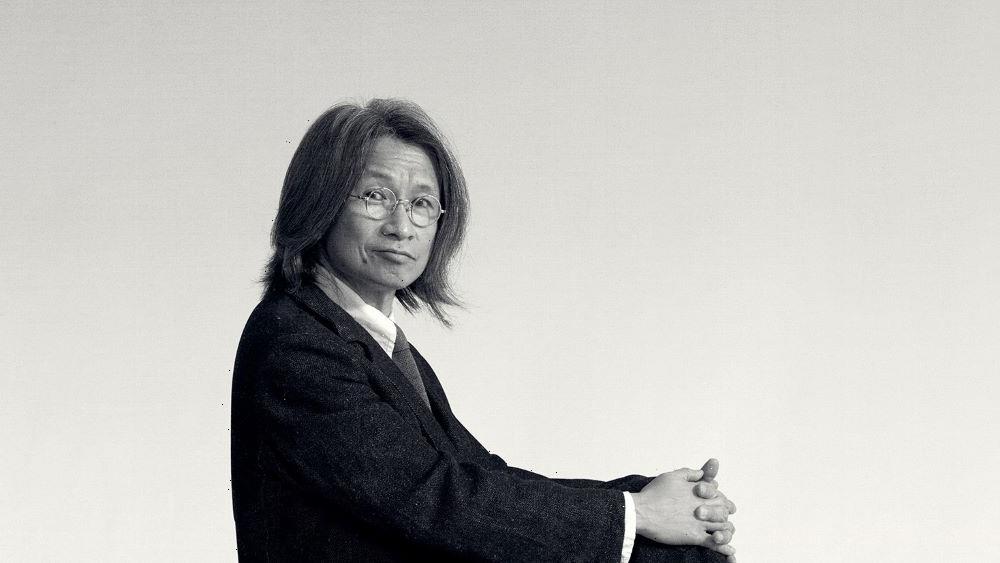Hong Kong multi-hyphenate Peter Chan Ho-sun is far too intellectual to call himself an “arms dealer,” as Sony Pictures has in casting itself as an unattached supplier to streaming platforms.
But politeness and Bob Dylan references aside, Chan’s new company, Changin’ Pictures, aims to become a major independent purveyor of premium Asian TV content for the streamers. The company is using this week’s Busan International Film Festival as its launchpad and will unveil the first five series of its 20-title pan-Asian slate.
Chan’s thesis is that global audiences are hungry for Asian content but have not been able to access it easily under legacy film and TV distribution systems. With streaming making everything accessible everywhere, and audiences no longer balking at subtitles, quality Asian drama can and will travel.
His benchmark examples include not only “Squid Game,” which was conceived locally in South Korea and became a world- wide phenomenon via Netflix, but also Apple TV+’s “Pachinko.” The Asia-set multilingual drama was not made specifically for Korean or Japanese viewers, but it was authentic enough to work for global audiences including those in both countries.
Chan has a fine track record, helming hits “The Warlords” and “American Dreams in China,” producing “Bodyguards and Assassins” and exec producing Oscar-nominated “Better Days.” But his place in history arguably comes from launching the pan-Asian co-production movement at the beginning of the century.
Calling on his Thai-Chinese-Hong Kong heritage and (incomplete) education in the U.S., Chan and his Applause Pictures worked with filmmakers including Kim Jee-Woon, Park Chan-wook, Miike Takashi, Hur Jin-Ho, Nonzee Nimibutr and the Pang Brothers on a slate of independently produced Asian movies. These included “The Eye” and “Jan Dara,” which were innovative and fresh enough to play festivals, spawn mini-franchises and get remade, and yet were local enough to enjoy decent box office around East Asia.
Then, with the rise and decade-long opening of the Chinese film industry from 2012 onward, Chan spent much of his time exploring the rocky path between the mainland Chinese and Hong Kong industries.

“This new venture is something I started 20 years ago,” Chan jests. “I wanted to do this long before COVID, but the pandemic gave me time to think it through.”
A trio of well-funded producer-led companies — Golden Karavan, RSVP and Applause Entertainment — are already operating in a similar fashion within India. But Chan refutes the idea that his director-driven Changin’ Pictures is late to the streaming party or that the “content is king” moment has passed now that streamers are reining in their content acquisition costs: “The only difference between now and 20 years ago is that the cost of distribution and exhibition are much lower [on streaming] and that we know audiences are crazy for Asian content.”
A key part of Changin’ Pictures’ modus operandi will be to develop and, if necessary, produce its shows before engaging with the platforms.
“We can’t wait for the streamers to finance a show, judge it with their algorithms and test screen things,” says Chan, who is also keen to retain some skin in the game for his filmmakers. “The power of the streamers is huge, meaning that if you do things their way, the producer likely only gets cost plus 10%. Or, these days, cost plus eight.”
To ensure the new firm’s independence from streamers’ studio-like tendencies and to escape the institutional censorship he endured in China, Chan put several million dollars of his own money into Changin’ Pictures and raised close to nine figures of U.S. capital. He remains discreet about his backers but says most of his financing comes from Hong Kong and Singapore, or Chinese sources who have kept some of their cash outside the mainland. And he says that he won’t accept dilution into a minority ownership position.
It is an arsenal big enough to allow the Changin’ Pictures team to call the shots and take some risks. They plan to spend up to $2.5 million per episode on pro- duction — that’s far higher than average TV production budgets in Asia and higher than many Asian feature film costs — and, strategically, to start with Korean-language series.
“We have two very good scripts. Both were unanimously approved by our greenlight development team. And both were adapted from popular webtoons,” says Chan, explaining the calculation behind not using Changin’ Pictures’ Donnie Yen or Zhang Ziyi vehicles for the opening gambit.
Chan also calculates that producing premium content for streaming may be “10 times less risky” than Asian producers’ traditional dependence on theatrical box office.
So the first two projects will be greenlighted without the cover that comes with a commission or presale. “We have to show that we are not bluffing. We have to bite the bullet,” he says.
Spoken like a true gunslinger.
Read More About:
Source: Read Full Article





